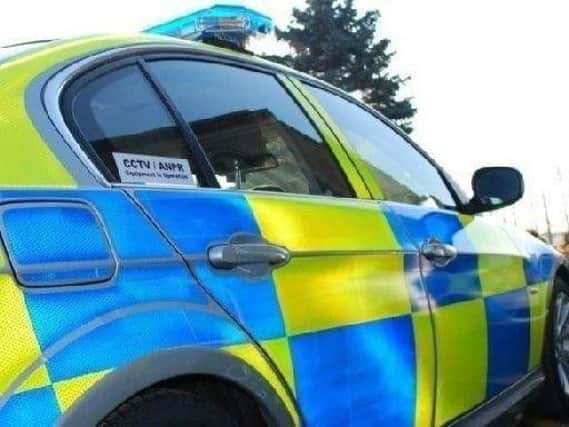Lancashire Police to pull out of North West Motorway Policing Group


The decision was approved by the county’s police and crime commissioner Clive Grunshaw and chief constable Andy Rhodes last month.
The force currently contributes £242,398 per year towards the costs of the collaboration between Lancashire, Cheshire, Greater Manchester and Merseyside police, which was struck up in 2008.
Advertisement
Hide AdAdvertisement
Hide AdBut assistant chief constable Terry Woods said changes to the way the force polices the roads means the partnership is not the most efficient method of monitoring the network in the county.
And he warned Mr Grunshaw there may be political implications to withdrawing from the agreement, with a danger that relationships with other forces could become strained as a result.Despite that, Mr Grunshaw rubber-stamped the move and a 12-month notification period to formally leave the collaboration with Cheshire, Greater Manchester and Merseyside has now begun.
ACC Woods said: “Since the advent of the NWPMG there have been several changes to the way in which the constabulary police the roads in Lancashire.
“At its inception there was a hybrid model comprising a centrally governed motorway unit responsible for 24 hour roads policing, with divisionally based teams responsible for policing roads within territorial divisions.”
Advertisement
Hide AdAdvertisement
Hide Ad“In 2017 the tactical operations review created a new operations model with centralised governance for roads policing and will see the merger of the current Road Policing Unit and
Operational Support Unit into teams responsible for roads policing, public order and search functions.”
“When the constabulary had dedicated motorway patrols, the concept worked well, however, the reduction in resources and subsequent structural changes has required a more efficient use of road policing assets.
“They are expected to deploy and task both on and off the motorway network.
Advertisement
Hide AdAdvertisement
Hide Ad“The current practice of motorway patrols being on a different radio channel to the remaining ‘Tac Ops’ and divisional resources is both complicated and unnecessary.
“There are clear financial benefits should a decision be made to withdraw from the NWMPG collaboration.
“A saving in the region of £240,000 could be achieved.
“While there will be some costs associated with IT infrastructure, these are expected to be minimal.”